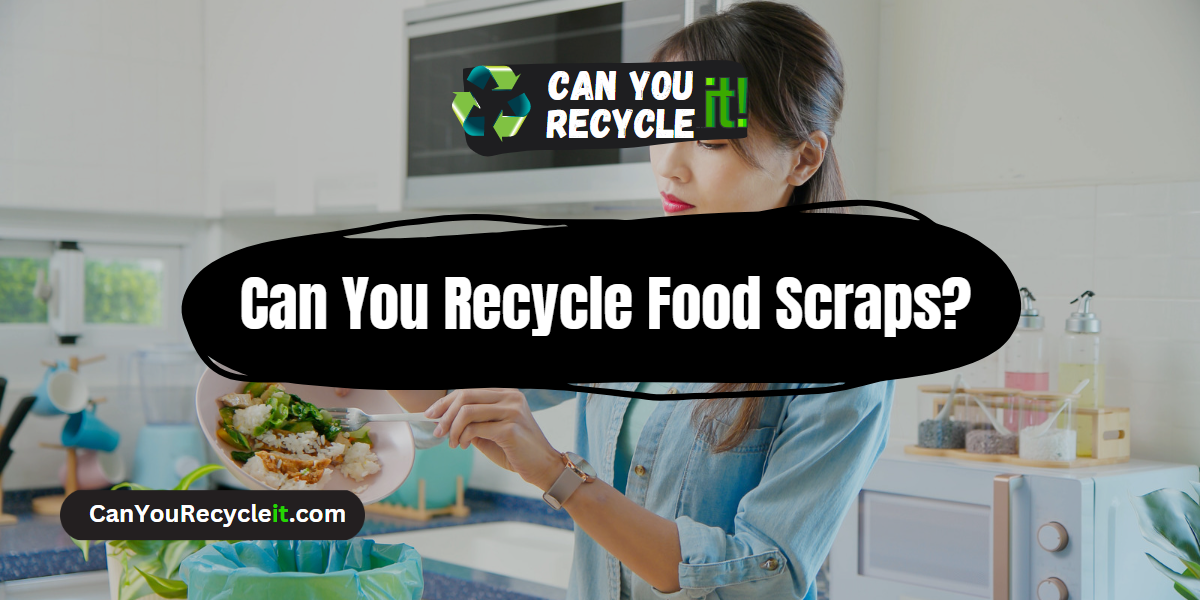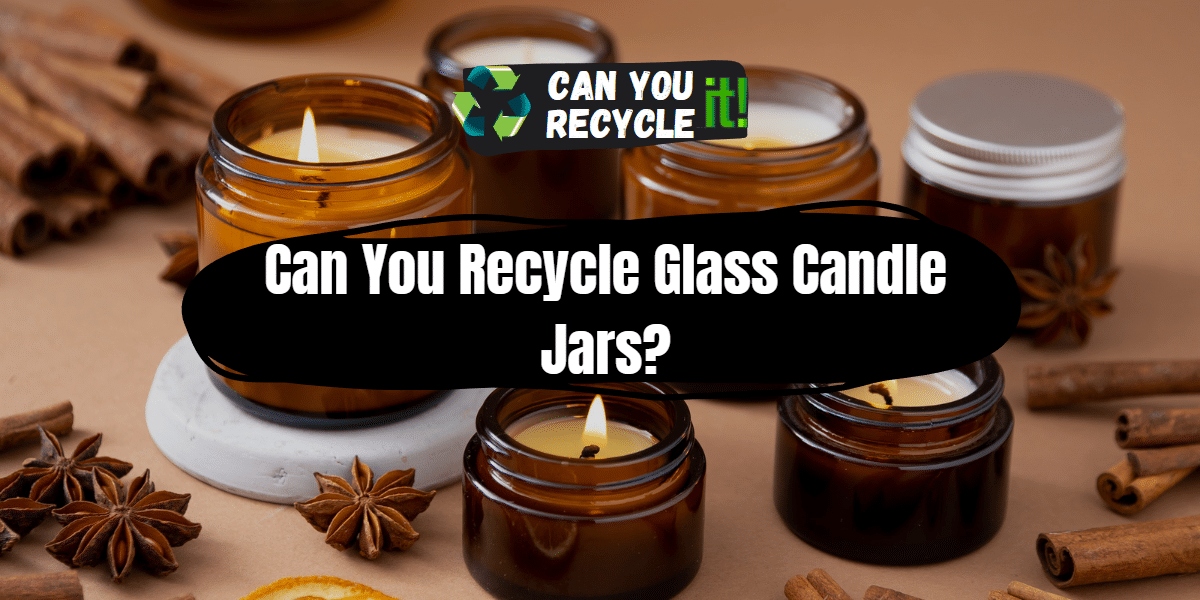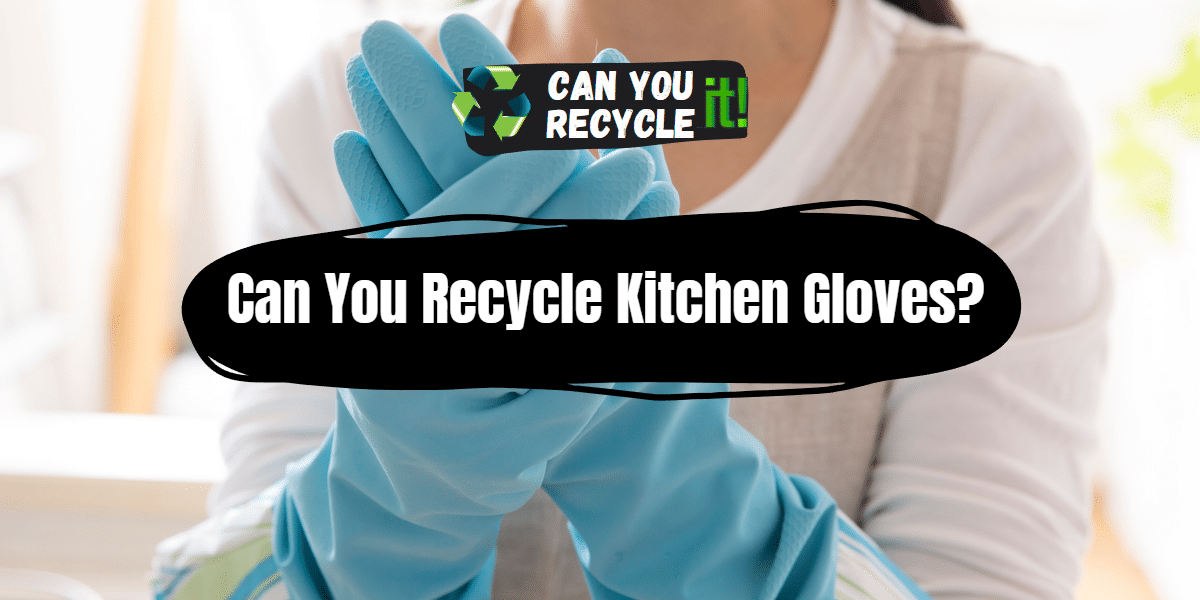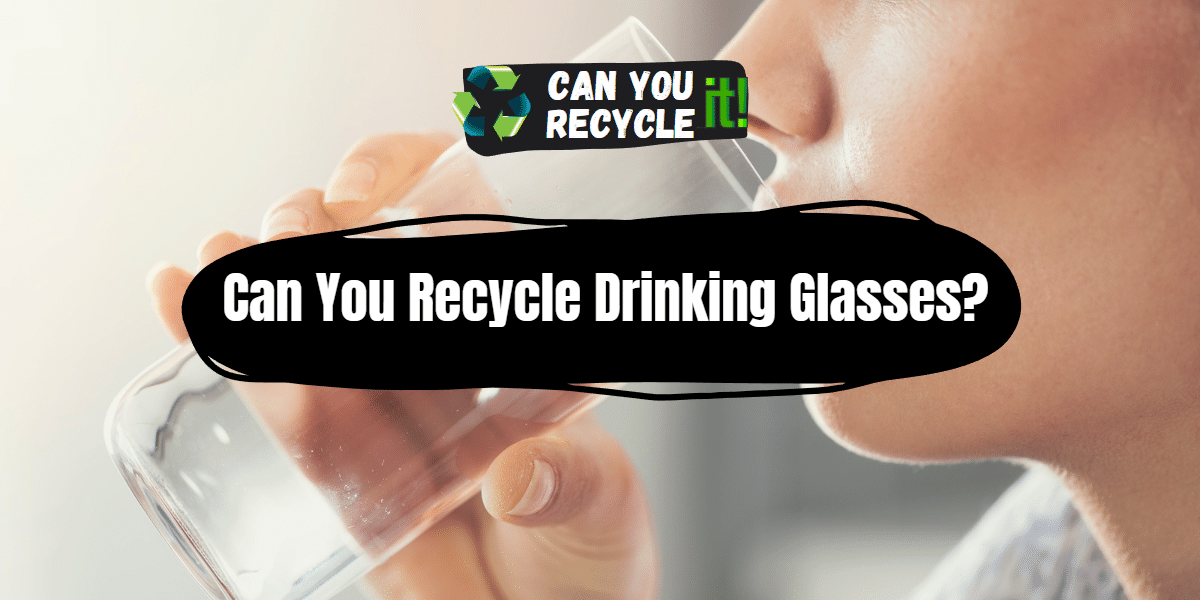When it comes to recycling food scraps, the answer is not as straightforward as a simple yes or no.
The recyclability of food scraps depends on various factors, including the recycling facilities in your area and the type of food waste you have.
In this article, we will explore the dos and don’ts of recycling food scraps, provide a step-by-step guide to recycling them, discuss what to do with food scraps that cannot be recycled, delve into the environmental impact of recycling food scraps, answer some frequently asked questions, and conclude with some final thoughts on this critical topic.
Table of Contents
Do’s and Don’ts
Recycling food scraps is an excellent way to reduce waste and contribute to a more sustainable environment. However, it’s crucial to understand the dos and don’ts to ensure effective recycling:
Dos
- Compost your food scraps: If you can access composting facilities, consider composting your food scraps. This process turns them into nutrient-rich soil that can be used for gardening.
- Separate food scraps from other waste: Properly segregate your food scraps from non-recyclable and recyclable materials to facilitate the recycling process.
Don’ts
- Contaminate food scraps with non-compostable items: Avoid including non-compostable materials such as plastics, metals, and glass in your food scraps.
- Dispose of food scraps in regular trash: Sending food scraps to landfills increases methane emissions and contributes to environmental degradation.
5-Step Guide to Recycle Food Scraps
Follow these five simple steps to recycle your food scraps effectively:
Step 1
Collect food scraps: Use a designated compost bin or a sealable container to collect your food scraps, including fruit and vegetable peels, coffee grounds, tea bags, and eggshells.
Step 2
Separate non-compostable materials: Remove any non-compostable items from your food scraps, such as plastic wrappers, bones, and dairy products.
Step 3
Find a composting facility: Check if your community has a local composting facility or composting services that accept food scraps.
Step 4
Compost at home: If you have a backyard, consider starting a compost pile or using a composting bin to convert your food scraps into nutrient-rich compost.
Step 5
Use the compost: Once the composting process is complete, use it to enrich your garden soil or donate it to local community gardens.
What to Do with Food Scraps That Cannot Be Recycled
While many food scraps can be recycled through composting, certain items cannot be composted. Here are some alternatives for handling food scraps that cannot be recycled:
- Reduce food waste: Minimize food waste by planning meals, storing food properly, and using leftovers creatively.
- Repurpose food scraps: Some food scraps can be repurposed for other uses, such as using citrus peels for cleaning or making vegetable broth from vegetable scraps.
- Donate to farms or animal shelters: Consider donating suitable food scraps to local farms or animal shelters for animal feed.
Environmental Impact of Recycling Food Scraps
The environmental impact of recycling food scraps is significant and beneficial. Here are the key points to understand:
- Reduced landfill waste: Recycling food scraps diverts them from ending up in landfills. When food waste decomposes in landfills, it produces methane, a potent greenhouse gas that contributes to climate change. By recycling food scraps, we can significantly reduce methane emissions.
- Lower carbon footprint: Recycling food scraps through composting or other methods helps reduce our carbon footprint. When organic waste decomposes in oxygen-deprived environments like landfills, it releases methane, a greenhouse gas that is more harmful than carbon dioxide. Composting food scraps in controlled environments allows for proper decomposition and minimizes methane production.
- Nutrient-rich soil amendment: Recycling food scraps into compost creates a valuable soil amendment. Compost enriches the soil with organic matter, improves soil structure, and enhances its ability to retain water. By using compost, we can promote healthier plant growth, reduce the need for synthetic fertilizers, and support sustainable agriculture.
- Conservation of resources: Recycling food scraps reduces the need for synthetic fertilizers and pesticides. By using compost made from food scraps, we can enrich the soil naturally, minimizing the use of chemical additives. Additionally, recycling food scraps reduces the demand for landfill space, conserving valuable land resources.
- Promotes circular economy: Recycling food scraps aligns with the principles of a circular economy. Instead of wasting valuable organic material, we can return it to the soil, closing the nutrient loop. This promotes sustainability and reduces the reliance on external inputs, contributing to a more self-sustaining ecosystem.
By understanding the environmental impact of recycling food scraps, we can make informed choices and actively participate in waste reduction efforts. Recycling food scraps helps address the challenges of waste management and contributes to a more sustainable and resilient planet.
FAQs for Can You Recycle Food Scraps
Can all types of food scraps be recycled?
Not all types of food scraps can be recycled. While fruit and vegetable peels, coffee grounds, and eggshells are commonly accepted, meat, dairy, and oily foods may not be suitable for recycling. It’s essential to check with your local recycling or composting facilities for specific guidelines.
Can I recycle food scraps in my backyard?
Yes, you can recycle food scraps in your backyard through home composting. With the right balance of organic materials, oxygen, and moisture, you can create nutrient-rich compost right in your own garden. It’s a sustainable way to recycle food scraps and improve your soil’s fertility.
What if I don’t have access to composting facilities?
If you don’t have access to composting facilities or lack the space for home composting, check if community composting programs or collection services are available in your area. These programs allow you to drop off your food scraps at designated locations for proper recycling.
Can I use food scraps for animal feed?
Certain types of food scraps can be used as animal feed. However, ensuring the scraps are safe and appropriate for the animals you feed is crucial. Consult local regulations and guidelines, and consider composting any food scraps that are not suitable for animal consumption.
What are the benefits of recycling food scraps?
Recycling food scraps has several benefits. It reduces landfill waste, decreases greenhouse gas emissions, conserves resources, and promotes sustainable agriculture. Recycling food scraps into compost also enriches the soil, improves plant growth, and supports a circular economy.
Conclusion and final thoughts 💭
Recycling food scraps is an effective way to reduce waste and contribute to a more sustainable future. By following the dos and don’ts, implementing a step-by-step recycling process, and exploring alternative options for non-recyclable food scraps, you can make a positive impact on the environment. Let’s embrace the opportunity to recycle food scraps and promote a greener and cleaner planet for generations to come.





Leave a Reply